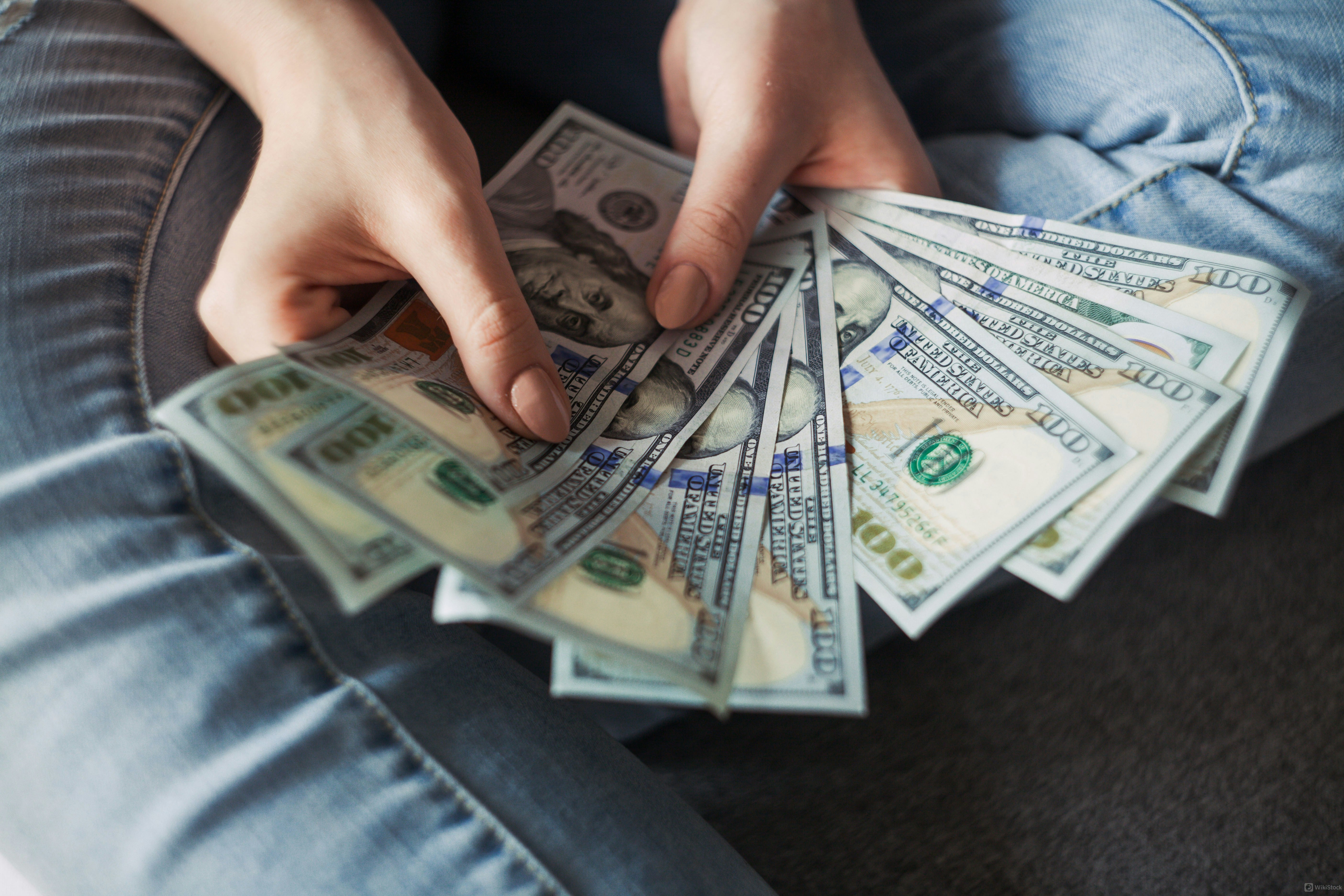Large Banks to be Conservative About Shareholder Payouts - Citigroup (NYSE:C), Bank of America (NYSE:BAC)

The Federal Reserve is slated to announce its annual bank health check results on Jun 26. Also known as the stress test' the results will show how much capital large banks need to withstand any renewed turmoil in the sector.
This annual exercise will also dictate how much banks will return to shareholders through dividend payouts and share repurchases. Last year, some notable ones announcing a hike in quarterly dividends were JPMorganJPM, Goldman SachsGS, Wells FargoWFC and Morgan StanleyMS. Also, Bank of AmericaBAC and CitigroupC raised their dividend payouts.
Need for the Annual Stress Test
The annual stress tests are mandated under the Dodd-Frank financial services law and have been conducted annually since 2009 (except in 2020, when the banks were tested twice because of the pandemic).
Introduced in the aftermath of the 2008 financial crisis, the stress tests evaluate banks' capital adequacy, liquidity and risk management practices under adverse hypothetical scenarios, such as a deep recession or a sharp decline in asset prices.
The test evaluates whether banks' capital ratio will be above the minimum requirement of 4.5% during the hypothetical scenarios. The country's largest global banks like BAC, JPM, Citigroup, GS and Morgan Stanley are required to hold an additional G-SIB surcharge' of at least 1%.
The large banks, including GS, Wells Fargo, JPM, MS, Citi and BAC, have been part of this process since the beginning.
Further, banks with assets between $100 billion and $250 billion are tested every alternate year, effective 2019. This year, these nine banks, including Ally Financial, Citizens Financial GroupCFG and Fifth Third Bancorp, are also part of the annual exercise.
Hence, the 2024 stress test will be conducted on 32 banks.
Hypothetical Scenarios
The Fed changes the scenarios every year.
This year's test is largely in line with the 2023 test, with the hypothetical unemployment rate under a “severely adverse” scenario rising 6.3% compared with 6.4% in the previous test.
This year's stress test also envisions a 40% slump in the prices of commercial real estate (CRE). The CRE has been an area of huge concern over the past two years as persistent pandemic-era office vacancies and higher for longer interest rates strained borrowers.
Further, banks with large trading operations like MS, JPM and GS will be tested against a “global market shock” while some will also be tested against the collapse of their largest counterparty.
Further, this time, banks (for the second time) will be tested for “exploratory” shocks. Though the additional exploratory economic and market shocks won't help set capital requirements, it will help the Fed gauge whether it should broaden the test in the future. Notably, the market shocks will apply to the large banks, while all 32 will be tested on the economic shocks, including Ally Financial and CFG.
How are Banks Likely to Fare?
Last year, per the Fed, under the hypothetical severe downturn, the 23 participating lenders had enough capital to absorb the $541 billion projected losses on loans and other positions. Therefore, several banks will be subjected to smaller stress capital buffer requirements.
In 2024, all 32 banks are expected to show that they have sufficient capital to withstand any turmoil in the industry despite facing a challenging operating environment and tougher hypothetical scenarios.
But this year's payouts are likely to be more conservative than 2023.
Several lingering concerns like higher interest rates for a longer time frame, Basel 3 endgame rules and ambiguity over the CRE loan portfolio because of an expected economic slowdown are likely to hold back banks, including JPM, Citigroup, Morgan Stanley, BAC, Citizens Financial Group and Fifth Third from coming up with bigger-than-expected payouts.
© 2024 Benzinga.com. Benzinga does not provide investment advice. All rights reserved.
Key areas for mutual funds to make money in 2025
Yushu Technology's robot dog explodes the market!
Byte refutes rumors of speculation on A-share Doubao concept stocks
How to develop a low-altitude economy
Check whenever you want
WikiStock APP
